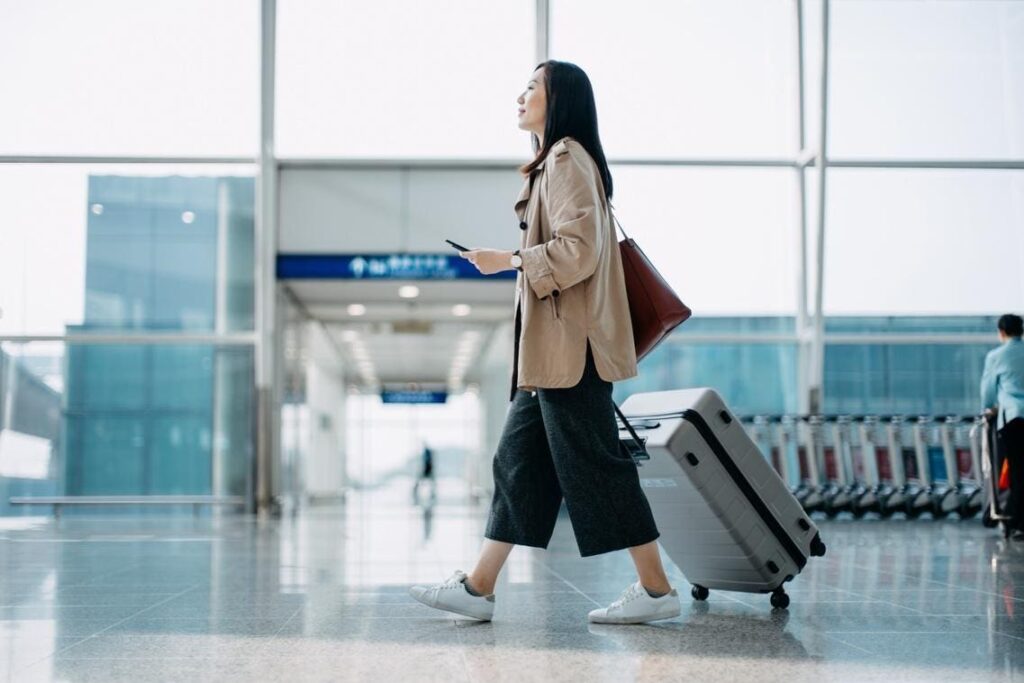Angus McDonald is the Co-Founder and CEO of Cover Genius.
Over the past couple of years, industries from travel to ticketing to retail have focused on ways to adapt to changing consumer demand. From new governments to extreme climate fluctuations to the integration of artificial intelligence into our everyday lives, consumers’ needs are changing rapidly alongside our evolving environment.
In 2025, companies across these industries will likely search for ways to zero in on their consumer base and leverage technology to personalize services and uplift relevant touchpoints in the consumer journey. From my time leading a company that provides insurance and other types of protection for travel, booking and retail purchases, here are the trends I’m expecting to see this year.
Hyper-personalized experiences in travel itineraries will be in demand.
Although most travelers plan and book their trips independently, they still crave a degree of attentiveness from travel companies and airlines. Travel companies have a unique opportunity to create personalized experiences, given the wealth of customer and trip data available to them. This can enable deeper, longer-term customer relationships that go beyond the bounds of a single transaction and boost customer confidence, trust and loyalty.
Travel companies can segment their customers into different groups: leisure or business, luxury or budget, family or solo traveler. The more granular they can get, the better services they can offer their customers.
One service companies can offer is travel protection, which is often embedded in the booking flow but not always customized to the traveler’s needs. Sometimes, “one-size-fits-all” offers can leave the customer unsure of what’s covered and if it’s relevant to their needs. In 2024, Crowdstrike IT outages contributed to thousands of travel cancellations and delays. With disruptions like these, companies can consider providing protection that gives travelers more peace of mind in the face of unexpected events, such as cancellations, delays, lost baggage, illness and so on.
Hyper-personalization in travel could also include AI chatbots or assistants to help consumers plan their next trip with tailored recommendations and digitized hospitality services. For example, a virtual assistant can provide restaurant recommendations matched to a traveler’s specific budget, group size and location. They can also share embedded offers for services throughout the travel experience like eSIMs, lounge access and more.
Fully supporting customers, anticipating their needs and being by their side when they need it most can shift a transactional relationship to one of trust and reliability in the travel space.
Booking technology will elevate the ticketing flow.
Similar to travelers, I’ve found that eventgoers want to feel as though their needs are being acknowledged and met during the ticket-buying process. With the rise of global mega tours, the price of an average ticket continues to increase significantly. Customers want to know their investment will be worth it, and they require more flexibility.
Several new technologies have emerged to make the booking experience as painless and flexible as possible. For example, “buy now, pay later” options can enable customers to buy tickets for in-demand events without having to worry about upfront costs. Another example is 2D and 3D seat-mapping technologies; these allow customers to pick the perfect seat to watch their favorite performance. Ticketing leaders can work alongside tech partners to include these features in 2025 as they seek to accommodate their customers.
The post-sale experience is equally important when it comes to the consumer journey in ticketing. Companies can consider offering protection to ticket buyers that allows them to secure a refund in case they’re unable to attend their event. This can give them the extra confidence they need to purchase.
When implementing this, however, ticketing platforms might run into the issue of missing out on resale opportunities if they institute long “blackout windows,” where customers aren’t able to purchase protection in the days leading up to the event. To mitigate this, platforms can instead create more customer-centric ticket protection options that have minimal blackout periods to produce greater satisfaction and utility.
Retailers will need to provide comprehensive end-to-end experiences.
As retailers navigate the ever-changing landscape of commerce, I’m seeing a shift to pursue marketplace strategies. These strategies, spanning from exclusive closed ecosystems with limited supplier access to open platforms enabling direct consumer interactions, showcase the diverse approaches taken by industry players. In recognizing the importance of consumer satisfaction, many retailers are transitioning toward what can be termed as “service-oriented platforms,” aiming to not only sell products but also offer comprehensive experiences that cater to evolving consumer demands.
However, I’ve seen through my company’s work in package and shipping protection that one area retailers often overlook is their protection programs. With economic conditions top of mind around the world, consumers are increasingly careful about their big-ticket retail purchases and want to ensure their investments are protected accordingly. Warranty policies that skip over events like accidental damage or porch piracy can leave buyers uncovered for common occurrences that undermine their major purchases.
To best serve their customers, retailers need to understand what their consumers want and ensure their protection policies meet those needs. Companies can research or consider using AI and natural language processing to understand what protection their customers are looking for and deliver it within the checkout flow.
Conclusion
The common thread connecting all these industries this year is increased attentiveness and care when it comes to their customer base. Whether it be airlines, ticketing platforms, online shops or travel agencies, businesses want their customers to feel as though they’re supported throughout the booking or buying process. By improving existing capabilities and tapping into new technologies, these businesses can fill in the gaps to deliver truly seamless experiences.
Forbes Business Council is the foremost growth and networking organization for business owners and leaders. Do I qualify?
Read the full article here

